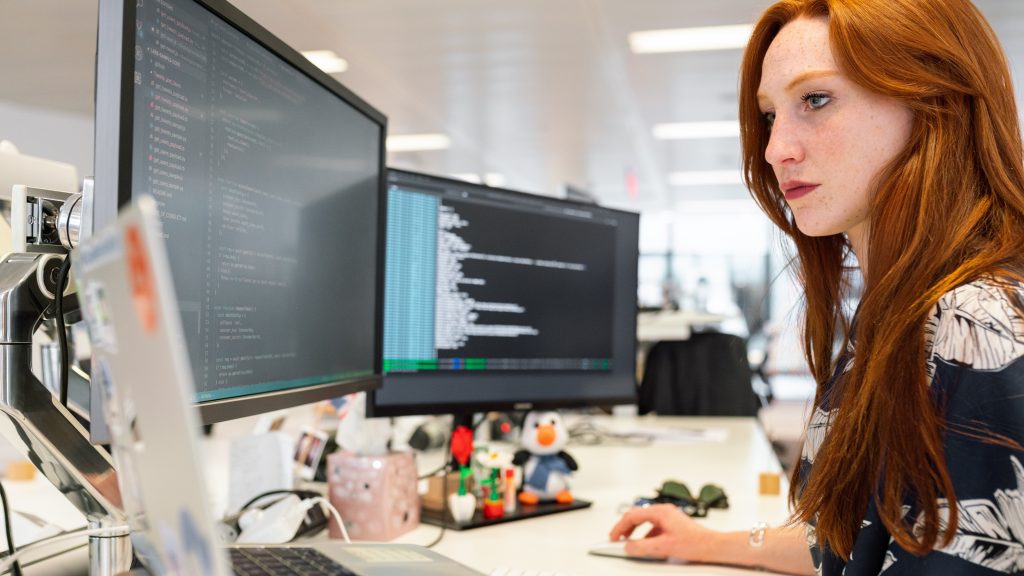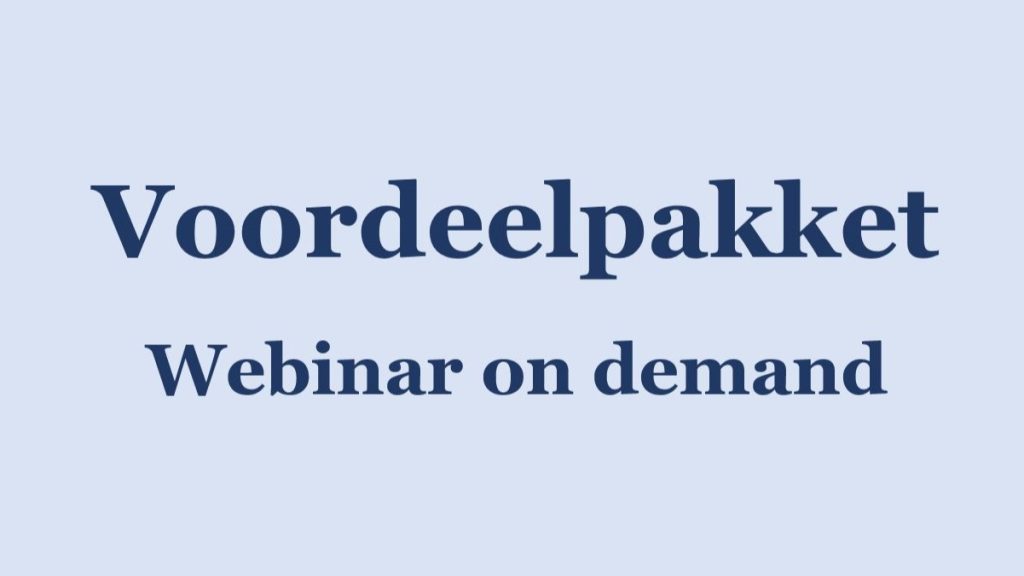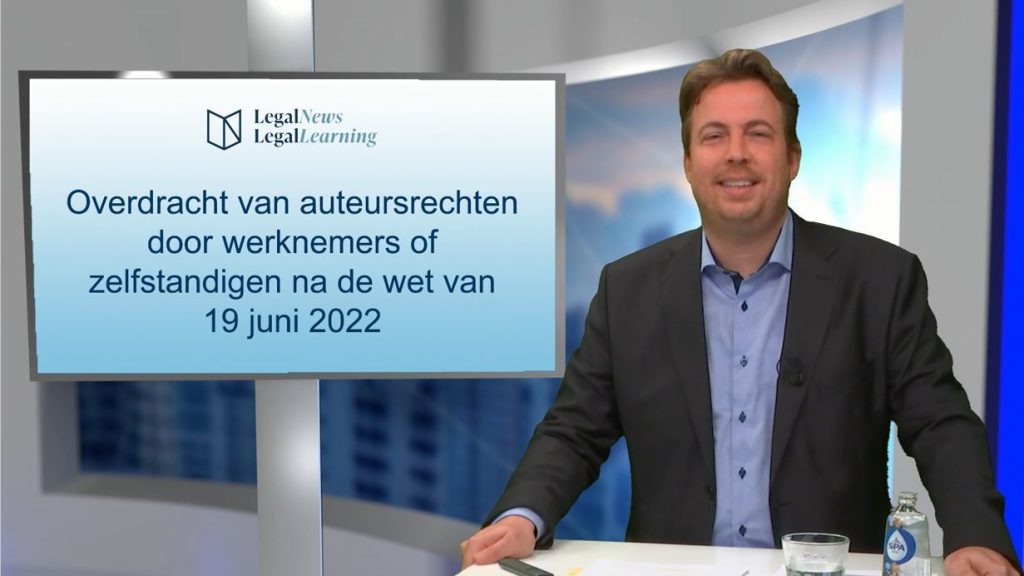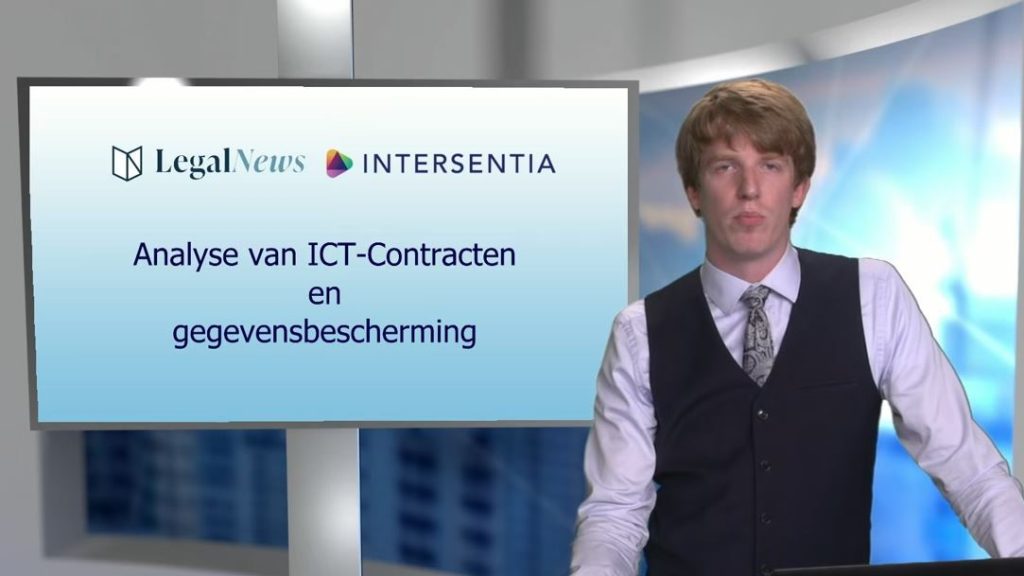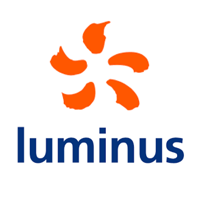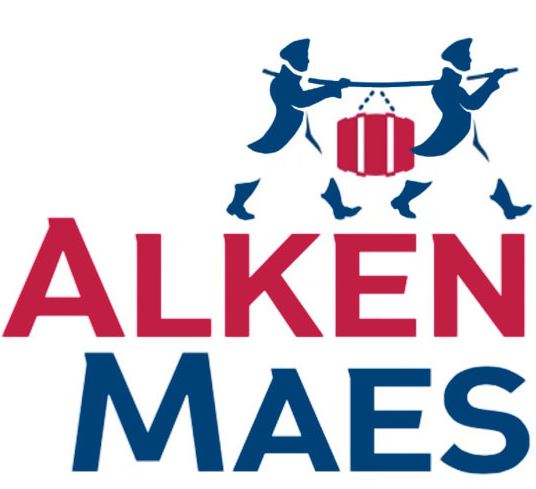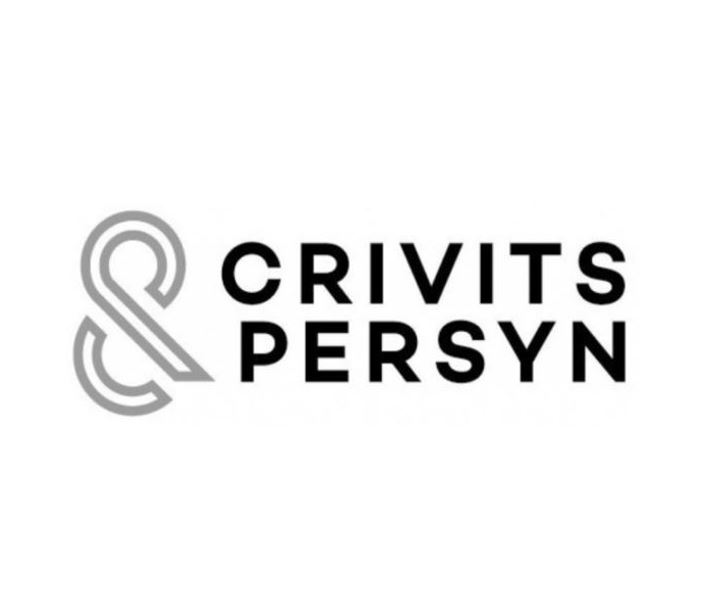Aandachtspunten bij het opstellen
en analyseren van ICT-contracten
Mr. Lynn Pype en mr. Liesa Boghaert (Timelex)
Webinar op donderdag 16 mei 2024
Intellectuele eigendomsrechten in de onderneming:
wie is eigenaar van door werknemers en dienstverleners ontwikkelde creaties?
Dr. Nele Somers (ARTES) en mr. Veerle Scheys (Mploy)
Webinar op dinsdag 23 april 2024
Handelspraktijken en consumentenbescherming:
recente topics onder de loep
Dr. Stijn Claeys en mr. Arne Baert (Racine)
Webinar op vrijdag 30 augustus 2024
Artificial intelligence, no science-fiction anymore – an introduction (KOAN Law Firm)
Authors: Christine De Keersmaeker, Charlotte Beeckmans and Katrien Maris (KOAN Law Firm)
Date of publication: 02/07/2018
Have you heard about Heliograf, a robot journalist writing 850 articles a year for the Washington Post? And Ross, a robot-lawyer able to sift two million pages in a few seconds? Did you know that, in Denmark, Artificial Intelligence helps saving lives every day by allowing emergency services to diagnose heart attacks? And that all this happened while, in Japan, a novel entitled “The day a computer will write a novel”, written by Artificial Intelligence, was selected for a literary prize?
Artificial Intelligence is expected to transform most of aspects of our society and economy. And even the smallest SME’s won’t be spared by these consequences.
The definition of this emerging world is still a work in progress, under which the legal framework will play a crucial role.
In this context, the European Commission has seized the subject and recently presented its long-awaited “communication on Artificial Intelligence” (issued on April 25, 2018) which enables a coordinated approach to make the most of the opportunities offered by Artificial Intelligence and to address the upcoming challenges. The Commission has hereby appointed a group of experts to the new High Level Group on Artificial Intelligence, who will make recommendations on how to address mid-and long-term challenges and opportunities related to Artificial Intelligence. The recommendations will mainly feed into the policy development process, the legislative process and the development of next-generation digital strategy.
KOAN will in a series of articles, which will be published on the website and on social media, look into the challenges of Artificial Intelligence, its definition and its legal consequences. The present article is a short introduction.
What is Artificial Intelligence?
So far, no unanimous definition of the concept of ‘Artificial Intelligence’ is to be found. Nevertheless, Artificial Intelligence can no longer be ignored. In fact, the phenomenon is not new as we are already using Artificial Intelligence on a daily basis. It suffices to refer to some examples such as self-riding vehicles, phones suggesting songs or restaurants, Google Maps, Google Translate, the Siri application, facial recognition as a password on phones,… to realize that Artificial Intelligence controls our lives.
In its above mentioned communication on Artificial Intelligence, the European Commission has defined Artificial Intelligence as follows:
“Artificial intelligence refers to systems that display intelligent behaviour by analysing their environment and taking actions – with some degree of autonomy – to achieve specific goals.”
In other words, Artificial Intelligence can be described as an area of computer science that emphasizes the creation of machines that mimic human intelligence. Artificial Intelligence can therefore be considered as the simulation of human intelligence processes by machines, and in particular computer systems, including self-learning, reasoning and self-correction.
A legal framework for Artificial Intelligence – What’s next?
Beyond the ethical or philosophical questions, this “robotization” of life constitutes a real challenge for law. The rules currently in force may be inadequate or insufficient to frame this new reality.
In our next articles, we will discuss several essential questions related to different legal issues , among which intellectual property rights (e.g. Can the work of a robot be protected somehow? Is it needed?), tax law (e.g. Should the work of a robot be taxed?) labor law (e.g. How to conciliate Artificial Intelligence with ‘labor’ law? ) legal liability (e.g. Who is liable in case of damage as a result of Artificial Intelligence ) and privacy law (e.g. How to apply the concept of data minimization in the world of Artificial Intelligence where, per essence, as much personal data as possible need to be processed ?).
In dealing with these issues, we will consider the common thread referred to by the EU Commission: “the challenge is to place the power of Artificial Intelligence at the service of human progress” , in other words how to regulate the association between human and Artificial Intelligence.
So keep an eye on our website and our social media to read more about Artificial Intelligence and the different legal issues related to it and do not hesitate to contact our TMT/IP team, and more specially Christine De Keersmaeker, Charlotte Beeckmans and Katrien Maris for any further questions.
» Bekijk alle artikels: IT & IP


